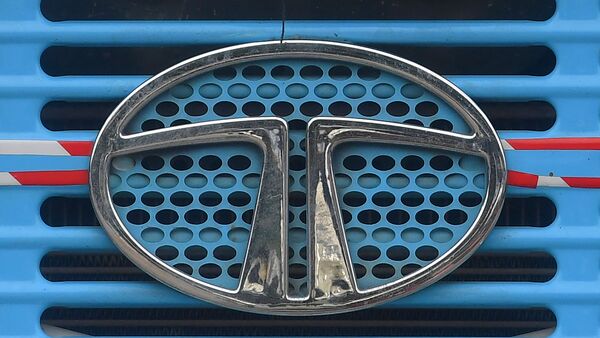As per a report by Grant Thornton Bharat Q3 2025 Automotive Dealtracker, the industry recorded its best quarter in over a year with 30 deals worth USD 4.6 billion.

View Personalised Offers on
The third quarter of 2025 was one of inflections for India’s automobile sector, not due to volume, but due to the sheer bets. As per a report by Grant Thornton Bharat Q3 2025 Automotive Dealtracker, the industry recorded its best quarter in over a year with 30 deals worth USD 4.6 billion. Underneath the statistics is a richer story, one of an aging industry that’s gradually evolving from a homegrown growth narrative to a global player in mobility innovation.


A quarter defined by scale and strategy
On the surface, volumes for deals held firm from the last quarter. But the value surge spoke volumes another time around, a testament to Tata Motors’ $3.8 billion buyout of Iveco S.P.A., India’s largest outbound auto transaction as of yet. This accounted for almost 95 per cent of overall M&A worth, making what would otherwise have been a mid-tier quarter a historic one.
Also Read : Tata Motors and Iveco join forces in major acquisition
But remove this big-ticket purchase, and the figures show a more subdued tone: deal values would have declined by 36 per cent. A reminder that although front-page acquisitions are juicy copy, the underlying energy is contingent on a combination of strategic rebalancing and bets on new technologies over the long haul.
Cross-border momentum and India’s global footprint
India’s increasing global role in automotive supply chains is the highlight of Q3. Samvardhana Motherson International made three outbound purchases, further entrenching its presence in Asia and Europe. These acquisitions reflect a low-key but resolute shift, Indian businesses no longer aspire to be suppliers; they aim to be system integrators and solution providers at the global level.
The Tata Motors’ Iveco acquisition also symbolizes the transformation. For a long time, Tata Motors was regarded as a homegrown commercial vehicle giant. Today, it is creating a portfolio that reflects global ambition, in line with India’s aspiration of becoming a net exporter of clean and capable commercial mobility solutions.
Also Read : Ultraviolette expands retail network across 5 Indian cities, eyes 100 city reach by FY26
Private equity bets on clean, connected mobility
Aside from the boardroom-sized transactions, private investors remained committed to India’s EV and mobility start-up space. Private equity transactions continued strong at 23 valued at $531 million, led by Prosus and WestBridge Capital’s $271 million for Rapido, a vote of confidence in India’s rising Mobility-as-a-Service (MaaS) demand.
Simultaneously, $137 million IFC-funded investments in JBM Ecolife and GreenCell Mobility will support the addition of 4,000 electric buses in 39 cities, a significant development in India’s urban electrification initiative. Smaller but important deep-tech bets were also noteworthy, such as TDK Ventures’ $21 million investment in Ultraviolette Automotive and seed funding in Indigrid Technology and PeakAmp, underlining investor faith in India’s EV innovation capabilities.
A market reset in motion
Saket Mehra, Grant Thornton Bharat Partner and Auto Industry Leader, terms this period a “strategic reset.” On the horizon is GST 2.0 and tariff reform is underway, reconfiguring India’s automotive industry through policy and intent. OEMs are responding to a twofold challenge, coping with short-term churn while repositioning for a greener, tech-led future.
It’s also interesting that public market activity was subdued this quarter, with no significant IPOs. Instead, investors and automakers are looking to the expected Toyota IPO in 2026, which could revitalize sectoral sentiment and attract new global capital into India’s mobility ecosystem. What Q3 2025 actually showcases is the evolving DNA of India’s automotive sector. The industry’s narrative is no longer restricted to production numbers or domestic demand only.
Get insights into Upcoming Cars In India, Electric Vehicles, Upcoming Bikes in India and cutting-edge technology transforming the automotive landscape.
First Published Date: 22 Oct 2025, 15:14 pm IST







